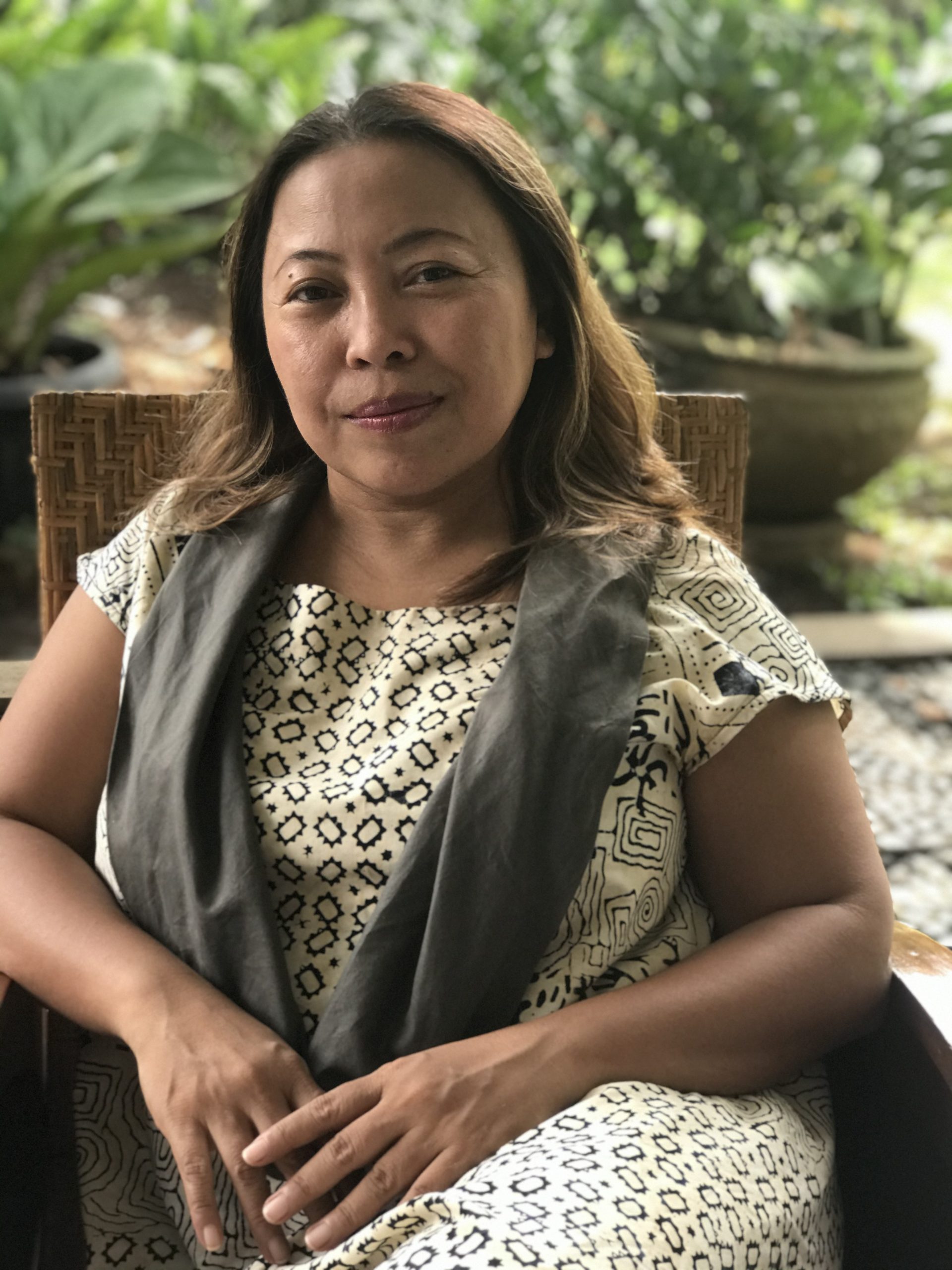Executive director of Plan International Indonesia Foundation (YPII)
Dini Widiastuti has dedicated her life work towards social justice and the development of marginalized communities for over 20 years. Currently serving as the executive director of Plan International Indonesia Foundation (YPII), Dini’s extensive experience in economic development projects in Asia has made her stand out.
As a young girl, Dini wanted to go out and see the world. She knew she would do well in the kind of work related to people, and that money would always be the last in her list of motivations.
Her father was a modest civil servant and a lecturer. He invested himself in his work and his students, which showed Dini how to care about others. At night, they would have dining table discussions about social issues and corruption in Indonesia. Naturally, Dini got involved in activism and student organisations early on.
After graduating high school, Dini applied for a seat at an international affairs program. She got rejected.
“I want people to know that as we go along, it’s not always success,” Dini said.
Eventually, she was accepted to study economics at University of Indonesia. To satisfy her curiosity in economics and politics further, she took a masters degree in Southeast Asian studies at University of London.
Dini went on to work with numerous non-profit organizations, such as Indonesia Business Coalition for Women Empowerment (IBCWE), Oxfam, CAFOD, and Article 19, among others. In her long career, she has taken on different roles and worked with civil society organisations in post-conflict zones in Afghanistan, Nepal, and East Timor.
It wasn’t until 2012 when Dini joined Oxfam as Economic Justice Lead that she started to adopt a gender lens in her work. She began to see the deeper realities of women and girls around the world.
“Before that, I was gender-blind. I took things for granted. For example, I didn’t think too much about girls who are underage and working in bars or restaurants. I saw the injustice caused by gender in the Philippines, Sri Lanka, and Indonesia, but didn’t really use gender terms [to explain that] their experience as women and girls is different to men and boys,” Dini said.
At Oxfam, she worked with women micro-entrepreneurs, including women in Papua and Sulawesi who sold sweet potatoes and made snacks from seaweed – investing in their education and self/group development.
This eye-opening role helped her look at discrimination and disrespect that she has had to face in her own daily life, albeit relatively ‘small’ by comparison and frequently normalized by society. Dini said she was lucky to have an equal, sharing partnership, and to get help from household assistants or family members whenever needed.
“Having a partner who is supportive of your career and ambitions is very important,” Dini said. “For my husband, it’s about being equal as a human being and being fair as a human. Without gender equality, there wouldn’t be human rights.”
Dini’s current role at Plan Indonesia allows her to invest even earlier in women entrepreneurs’ development. The organisation helps young girls develop their self-confidence and soft skills, such as management and understanding of personal finance.
“We work to support the developments of young women entrepreneurs in the very beginning up to the initial steps in the commercial ladder,” Dini explained.
For her, gender lens investing is first about “seeing women”. Then, it’s about understanding women and their unique situations, aspirations and ambitions. From this understanding will opportunities come.
Dini believes it is highly important to recognize women in the value chain. Often, women are invisible in male-dominated sectors, such as fishing and agriculture. These women are only identified as “helping out” their husbands while their work goes uncounted and unvalued.
The cacao industry is another example. Women play an important role in sorting out the good seeds. Tapping this strength and ability would allow producers to ensure the quality of the plants and the cacao beans later on. This is the value that often goes missing in the interpretation of women’s importance in the value chain, she said.
To expand the GLI ecosystem, Dini says investors and NGOs need to build mutual understanding: for example, by bridging languages between the two worlds. “How to then give value to the persons (beneficiaries) we want to engage, I think that’s the trick,” Dini says.





